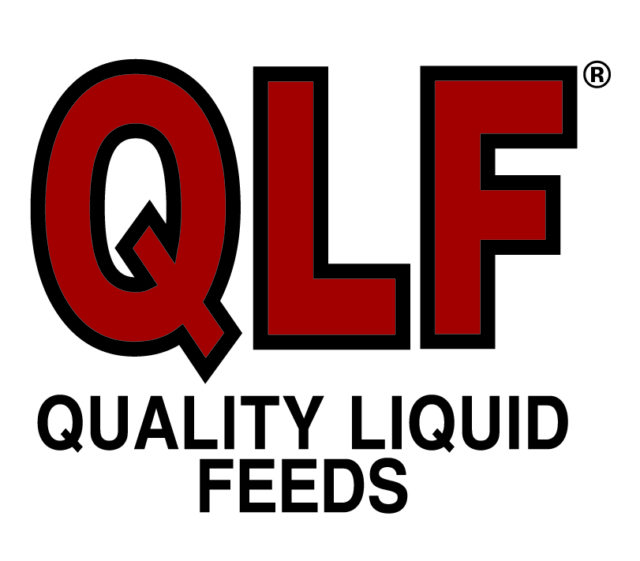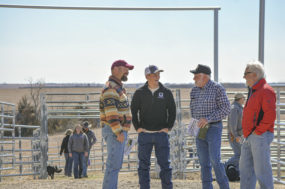Upton Sinclair and Temple Grandin are two names mentioned in agriculture classes throughout America. I remember first being introduced to HBO’s biographical film Temple Grandin early in my FFA career and Sinclair’s book The Jungle later on in college.
Here I learned about Sinclair’s muck-raking journalism that detailed the grotesque conditions of Chicago’s early 1900s meat packing industry – which long story short – inspired the Pure Food and Drug Act as well as the Meat Inspection Act in June 1906. And of course, I learned about Grandin and her trail-blazing work in animal behavior, as well as her efforts to improve the humane treatment of animals at slaughter.
Other events had similar effects, such as World War I, which brought about the U.S. grading system; the mid-‘90s outbreak of E. coli in the Pacific Northwest, which helped implement the foundation of food safety in the U.S. (Hazard Analysis Critical Control Point [HACCP]); and more recently, some would even say the drought of 2009 to 2012, which led to a large liquidation in the U.S. cow herd and the reason we are seeing such quality grades today.
With all that in mind, it makes me wonder if the events of COVID-19 could be another hinge point in our industry. Could it bring about innovation and new efficiencies to the meat packing sector? Will it change the way consumers purchase beef? What about how cattle are bought and sold across the country? Or possibly, could it be the passage for new legislation?
Phil Bass, a meat scientist with the University of Idaho, touched on this earlier this summer in a Progressive Cattle podcast. He said, “This isn’t the first time we have encountered challenges and tough times we don’t necessarily see the ending to. Trouble and challenging times lead us to better ourselves. We will figure out better ways of doing things. Challenging times have a history of leading us to advancements.”
Over the past few years, there has been some discussion on robotics in the beef packing industry, and COVID-19 and worker safety have only turned up the volume on the conversation. With packer consolidation over the past two decades, labor shortages, and of course, this pandemic, it will be interesting to see how the meat packing sector evolves as a result.
In this issue, we look at automation in the beef processing sector as well as other technologies that have revolutionized or have the potential to revolutionize the beef industry. History has shown that in times like these when we are pushed to make changes, it often ends up being the stretching we need.








